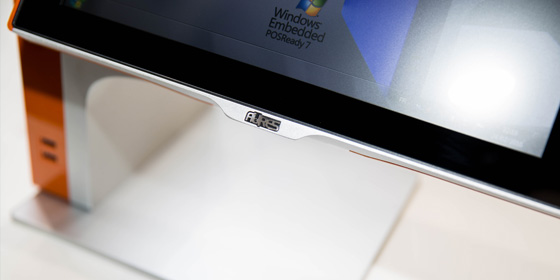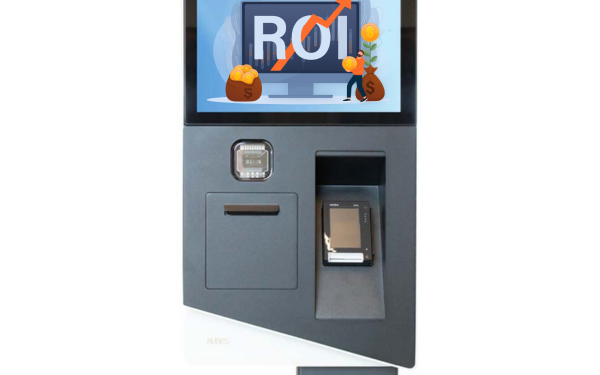The impact self-service kiosks have had in hospitality is well-documented, particularly in the QSR and fast-dining sectors. As many as two-thirds of fast food consumers say they are more likely to go to a restaurant if they can use a self-ordering kiosk.
Common benefits of self-ordering cited by diners include the ability to build an order independently without feeling pressure, having more time, and also digital menus being easier to navigate. From the restaurants’ perspective, this translates into increases in average order value of between 12% and 20%.
Yet outside the QSR sector, there is still some reticence about the role of kiosks in hospitality more broadly. In part, this may be a symptom of the phenomenal success they have had in fast dining. Given the QSR example, it’s easy to peg hospitality kiosks as a one-trick solution. They are ideal if you need to increase order throughput in a high-traffic environment. But what can they do if your business has different needs?
The answer is, more than you might expect. One of the real strengths of kiosks is their versatility. And by deploying them with versatility in mind, hospitality businesses across the hospitality industry can boost the returns they get from investing in kiosks.
Multi-purpose kiosks
Kiosks are capable of performing many different types of tasks. As customer-facing touchscreen interfaces, they are certainly well-suited to things like order placement, self-checkout or, in the hotel industry, self-check-in.
But the interactive screens that kiosks are built around also mean that they are ideal for sharing information. In a restaurant, for example, kiosks can be used to display menus. But unlike a static digital display, kiosks give customers extra opportunities to engage and explore, to check ingredients for allergens, for example.
Kiosks can even fulfil a function when they are not ‘in use’. They can be used as standard digital displays to share promotions, marketing messages, or just good quality content that contributes to the ambience of the venue. All with the understanding that, if a customer wants to find out more, all they have to do is touch the screen.
The key message is, the more work you can make a kiosk do, the better the ROI will be.
Different sizes, different experiences
Kiosks don’t have to be the large-format touchscreens that are now familiar in the QSR sector. For ‘shared’ use, larger screens work better for visibility, usability and accessibility. They make it easier for customers with different needs to navigate their way around quickly.
But that doesn’t mean all kiosks have to be large. In bars and dine-in restaurants, there’s growing interest in the potential of having smaller form kiosks at the table. These might be little more than a touchscreen connected to the central POS. But if they give customers the chance to browse the menu in depth at their leisure, place orders and complete payment without the need to hail a member of staff, they fulfil the same role as their larger self-service cousins.
Different kiosk formats can improve the customer experience in different ways. Layering those benefits on top of one another leads to higher ROI.
The rise of smart kiosks
As we’ve mentioned, kiosks stand apart from static digital displays because they are interactive. Being interactive is key to the way kiosks can boost engagement with customers. It also opens the door to lots of different use cases.
Data and AI are already revolutionizing the quality of the interactive experience customers get from kiosks. ‘Smart’ kiosks don’t just have to display a stock menu, for example. They can delve into data on sales patterns and tailor menus to display the best-sellers in that location, or even on that day of the week.
The same principle drives up-selling and cross-selling. When a customer chooses a particular item or selection of items, AI tools can predict what they are most likely to add as extras, and suggest them. Targeted, timely recommendations have been shown to have a significant impact on average order values.
The role of kiosks in hospitality will no doubt be a topic of discussion at the Northern Restaurant & Bar trade show taking place at Manchester Central on March 12-14. AURES will be attending, we hope to bump into you there!




